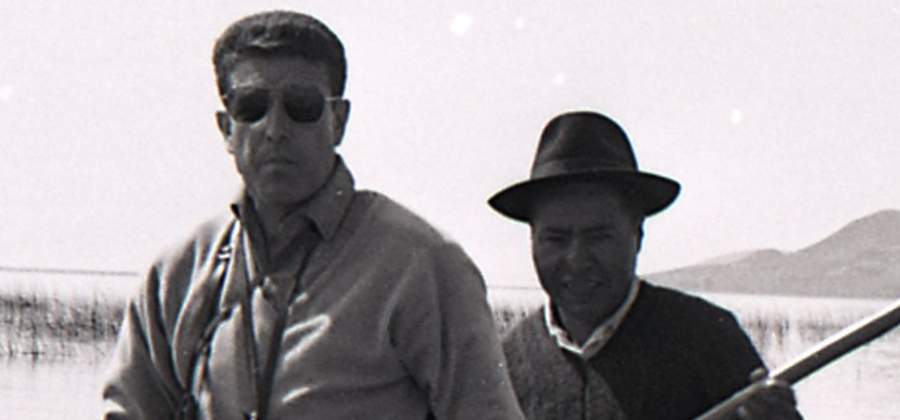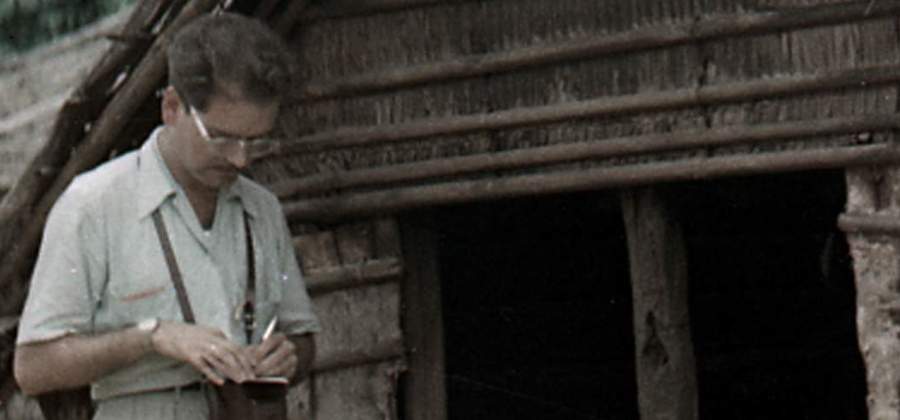Collaborators
Other well-known people had a hand in the origin of our collections, as they took part in the ethno-anthropological campaigns and expeditions carried out until the 1960s, as well as undertaking documentary and conservation work in the museum itself.
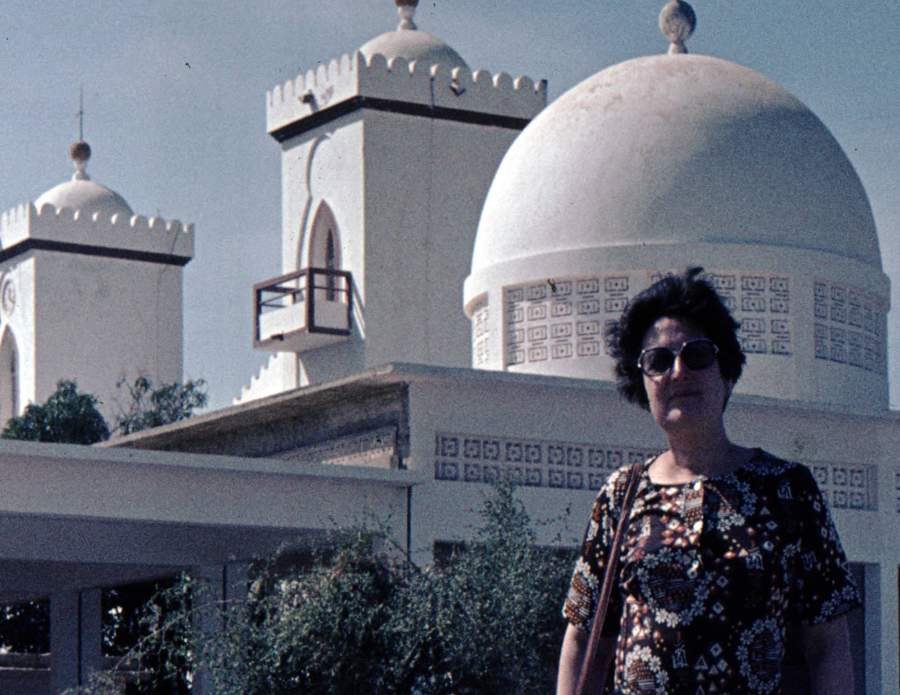 Zeferina Amil. Expedition to Senegal in 1975.
Zeferina Amil. Expedition to Senegal in 1975.
Zeferina Amil Mengual
(Dénia, 1921 – Sant Cugat del Vallès, 1991)
A historian and ethnologist. She met Panyella while they were studying at university. Technical assistant of collections and later the museum's curator, she worked closely with Panyella in all areas of the institution and in his various professional activities. In reality, she was the de-facto director of the museum whenever Panyella was away on expeditions or at congresses. She also participated directly in the planning and design of the exhibition halls and museography of the new museum (the present-day Montjuïc building). She also co-authored various books with Panyella and was responsible for the institution's museographical projects. She planned a number of expeditions and took part in some in the Iberian Peninsula and others in Senegal and Ethiopia. She worked at the Ethnographic and Folklore Archive of Catalonia and published a number of articles.
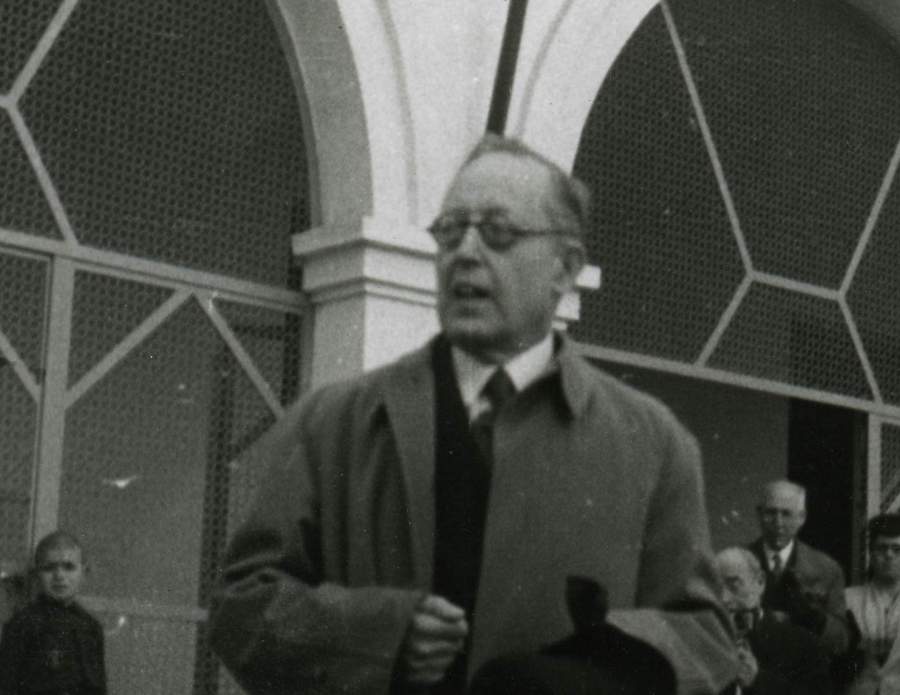 Inauguration of the Cristòfol Colom school group. ©Arxiu Fotogràfic de Barcelona, Pérez de Rozas, Carlos.
Inauguration of the Cristòfol Colom school group. ©Arxiu Fotogràfic de Barcelona, Pérez de Rozas, Carlos.
Tomàs Carreras Artau
(Girona, 1879– Barcelona, 1954)
Philosopher, politician and ethnologist. He was the Chair of Ethics at the University of Barcelona, a member of the Catalan Parliament and Deputy Mayor for Culture at Barcelona City Council after the Civil War. He created the Ethnographic and Folklore Archive of Catalonia in 1915. From his post in the City Council, he directly promoted the creation of various museums and organisations, including the Museu Etnològic i Colonial and the Museu d’Indústries i Arts Populars in Poble Espanyol, as well as the Ethnographic and Folklore Archive of Catalonia, the Barcelona History Museum, the Museum of Music, the Frederic Marès Museum and the Barcelona Municipal Orchestra.
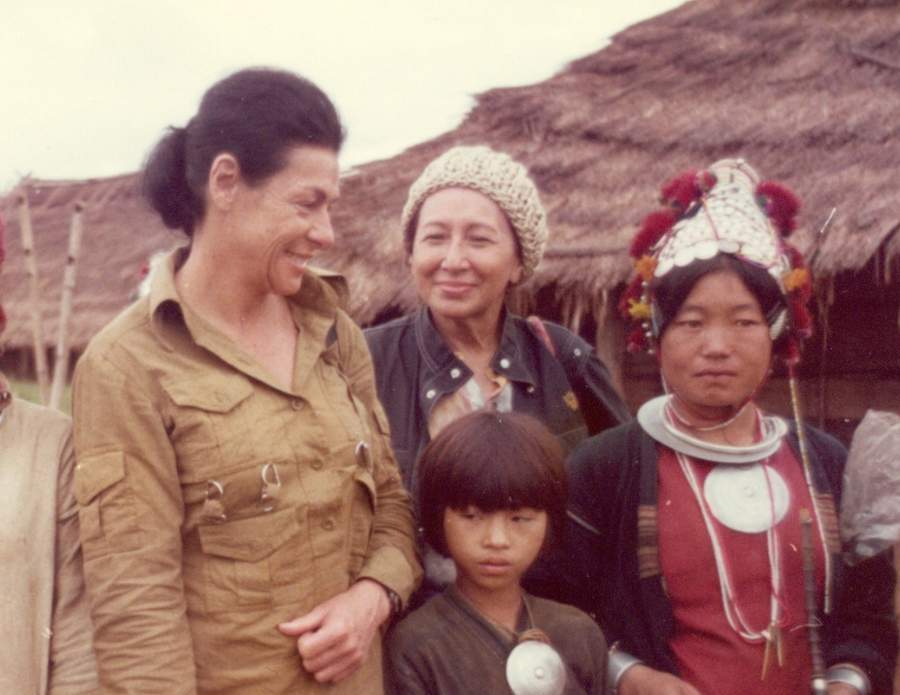 Margarita Corachán. Expedition to northern Thailand. October 1975. Chiang Rai province, district of Akha. © Fundació Folch.
Margarita Corachán. Expedition to northern Thailand. October 1975. Chiang Rai province, district of Akha. © Fundació Folch.
Margarita Corachán
(Barcelona, 1923 – Barcelona, 2011)
Daughter of the surgeon Manuel Corachán i García, she spent her youth in Venezuela, where she became interested in Pre-Colombian art. Her support and collaboration were of fundamental importance for the creation of the Folch Foundation and the institution's cinematographic archive. She was the director and scriptwriter of the ethnographic films she made with Eudald Serra for the Foundation, and she was also responsible for filming some of them. Her films were shown at the Folch Foundation and in some European museums.
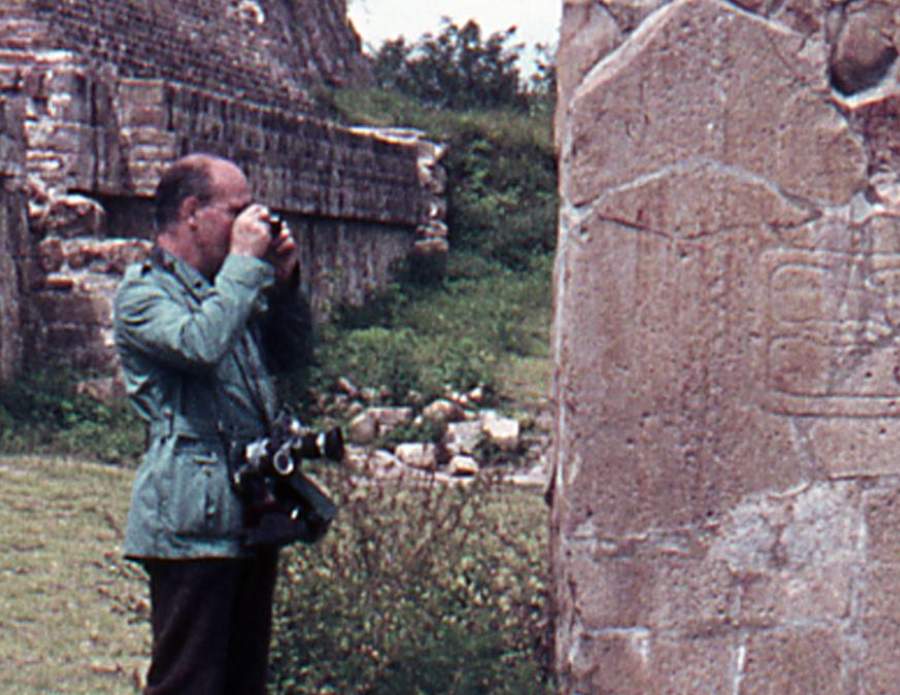 Joan Elias. Expedition to Mexico in 1970.
Joan Elias. Expedition to Mexico in 1970.
Joan Elias Garriga
(1926 – 2011)
He started working in the tin-soldier section of the Museu d’Indústries i Arts Populars in Poble Espanyol. In 1973, Panyella put him in charge of the photographic work in the Museu Etnològic, coinciding with the inauguration of the new building's photographic laboratory. He took the photographs of the museum's objects and exhibitions and he took part in the 1970 expedition to Mexico with Panyella.
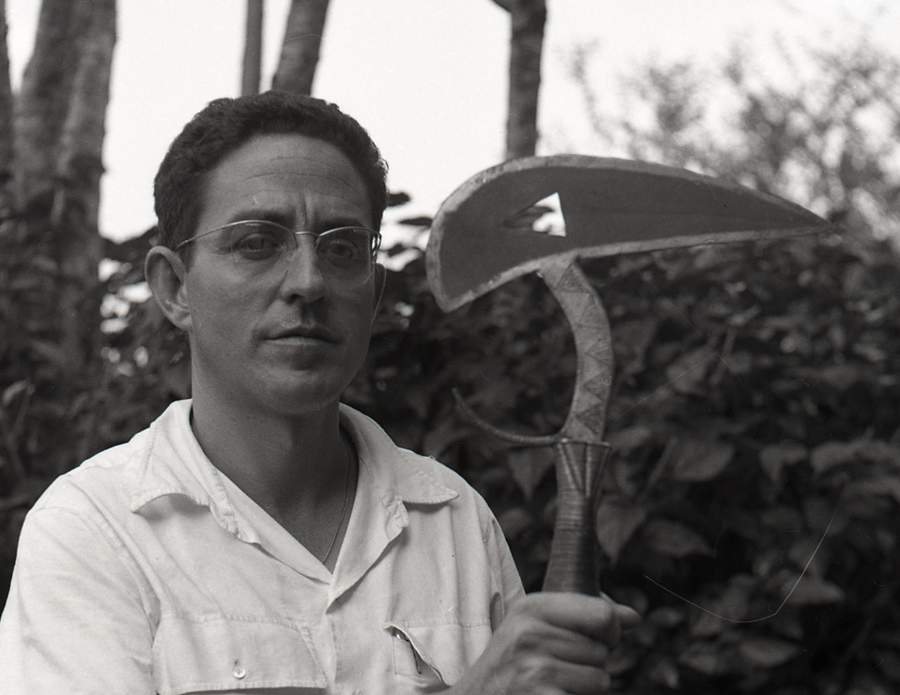 Jordi Sabater. Expedition to Equatorial Guinea in 1957.
Jordi Sabater. Expedition to Equatorial Guinea in 1957.
Jordi Sabater Pi
(Barcelona, 1922– Barcelona, 2009)
Ethologist and ethnologist. He was professor of Ethology at the University of Barcelona and an international authority on primates. His long stay in Africa (Equatorial Guinea) allowed him to carry out not only various studies on animals, but also to study the behaviour and customs of the area's inhabitants, which were little known at that time. He became an international authority on Fang culture and took part in the museum's expeditions, collecting objects —following Panyella's instructions— which became part of the Museu Etnològic's collection. He collected extensive documentation with drawings of nature and published various works, some in collaboration with Panyella. The Generalitat de Catalunya awarded him the Creu de Sant Jordi in 2000 and, in 2009, the University of Barcelona awarded him its Gold Medal posthumously.
Other protagonists
Albert Folch Rusiñol
(Barcelona, 1922 – Barcelona, 1988)
Was a chemist and businessman. He took a liking to ethnology while he was doing his military service in the Canary Islands, as he often travelled to Africa in order to carry out cooperation work in a drinking-water plant in the Sahara. He inherited his taste and passion for collecting from his father, Joaquim Folch i Girona, an eminent mineralogy collector.
Further informationAugust Panyella i Gómez
(Barcelona, 1921 – Barcelona, 1999)
A historian and ethnologist, was the first director and promoter of the Museu Etnològic de Barcelona. He had a scholarship with the Museu Arqueològic de Barcelona, he collaborated with the Rodrigo Caro Archaeological Institute at the CSIC and he was assistant to the Sociology Chair at the University of Barcelona, directed by Dr. Carreras i Artau. In 1948, he took part in the Institute of African Studies’ expedition to Equatorial Guinea, led by Dr. Santiago Alcobé.
Further information





